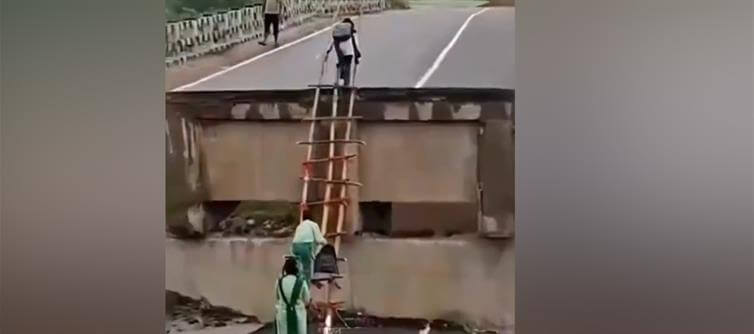
It’s not just a moment of embarrassment—it’s a damning indictment of the government’s skewed priorities. While tax collections continue to rise year after year, the condition of public schools, especially in rural and semi-urban areas, remains dangerously inadequate. The pencil may be taxed, but the path to education remains perilously broken.
This situation points to a deeper issue: a systemic failure not just in governance, but in intent. Politicians are quick to announce schemes and policies in the name of education, yet funds either remain unutilized or are diverted to populist measures that yield electoral benefits, not long-term value. Toilets without water, classrooms without roofs, and children without benches or blackboards are not exceptions—they are distressingly common across government-run schools in India. If the state cannot guarantee a child a safe and dignified environment to learn, then no amount of budget speeches or "Digital India" campaigns can mask that fundamental betrayal.
Ultimately, taxation is not just a financial transaction—it’s a social contract. Citizens pay taxes with the expectation that the government will uphold its end of the deal: to provide public services, safeguard rights, and ensure basic dignity. When children are forced to risk their lives for education, that contract is broken. Collecting tax on essential tools of learning like pencils and notebooks while neglecting to provide the bare minimum infrastructure for schools reflects not a lack of money, but a lack of moral accountability. Until those in power recognize that education is not a favor, but a right, India’s dreams of becoming a truly developed nation will remain hollow.




 click and follow Indiaherald WhatsApp channel
click and follow Indiaherald WhatsApp channel